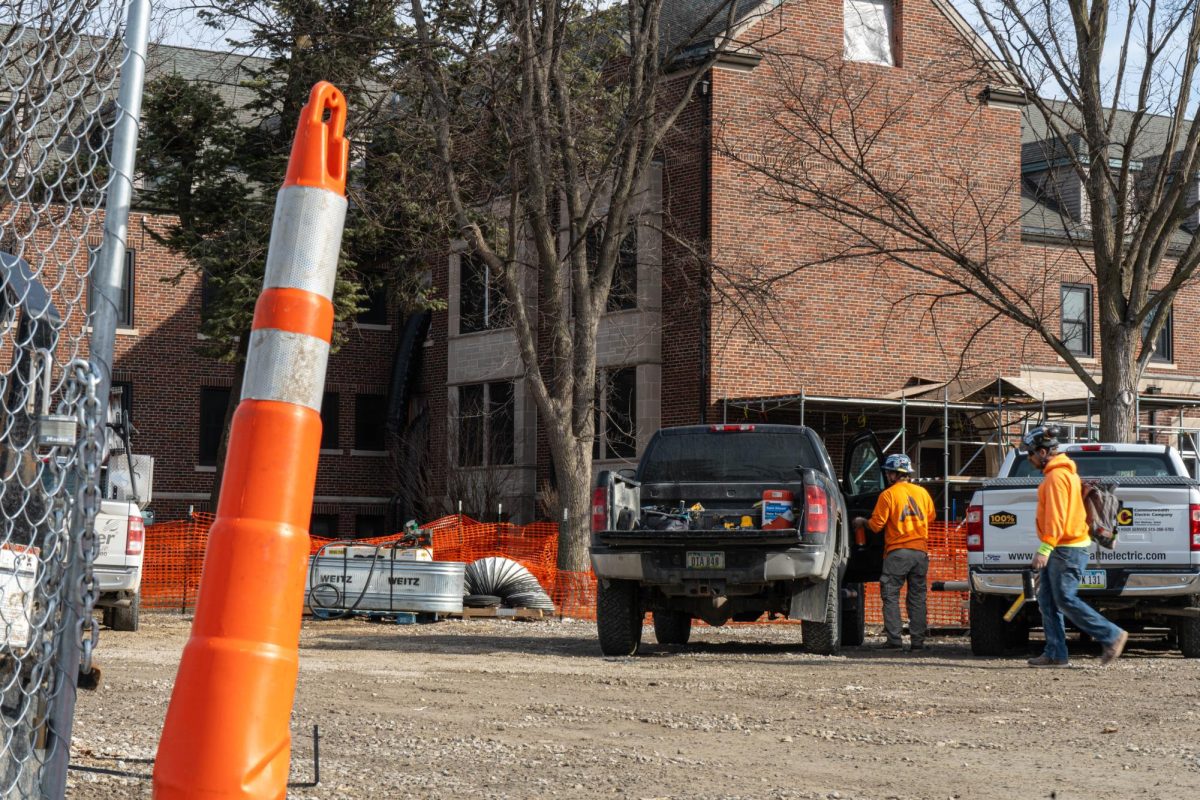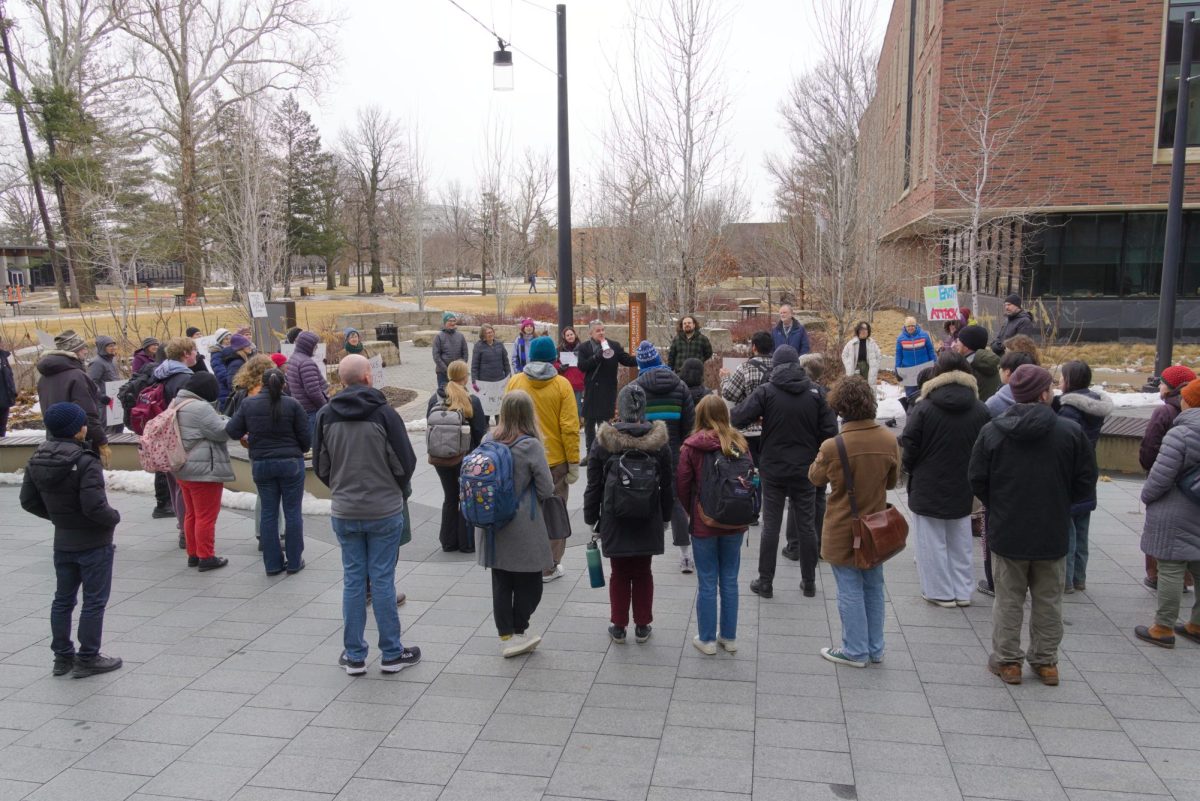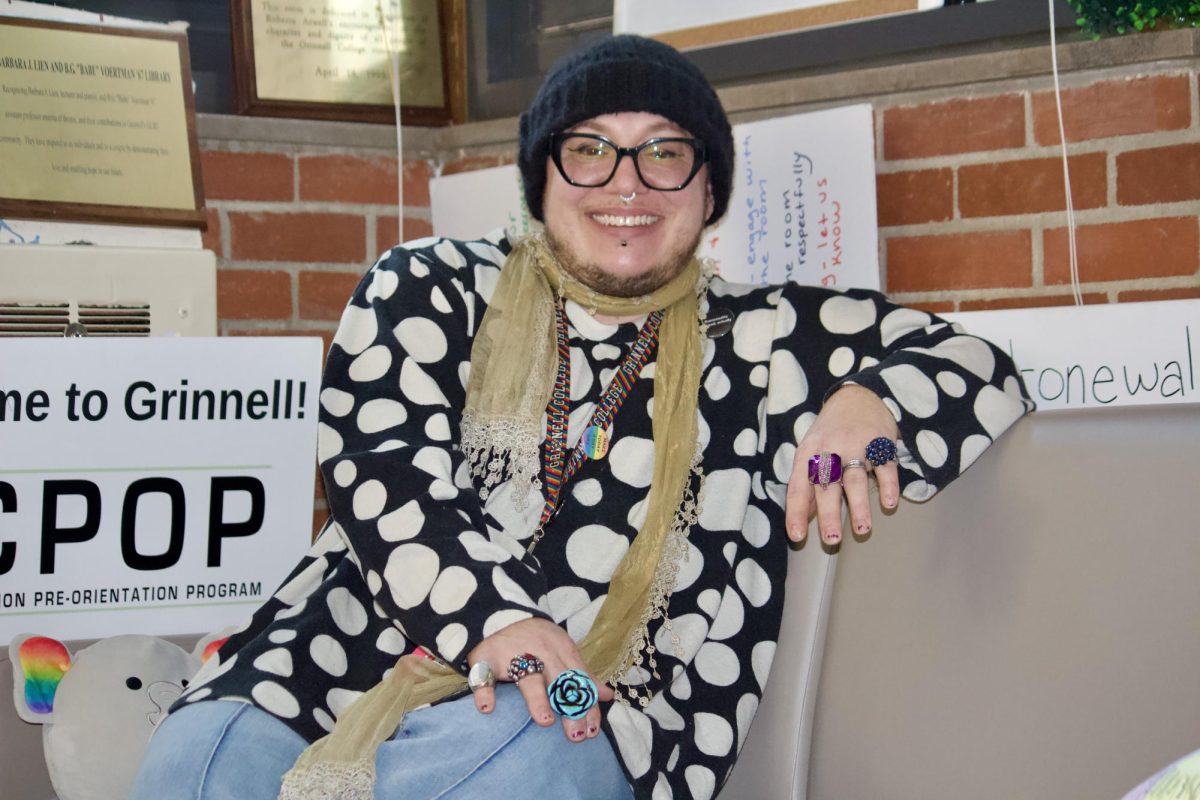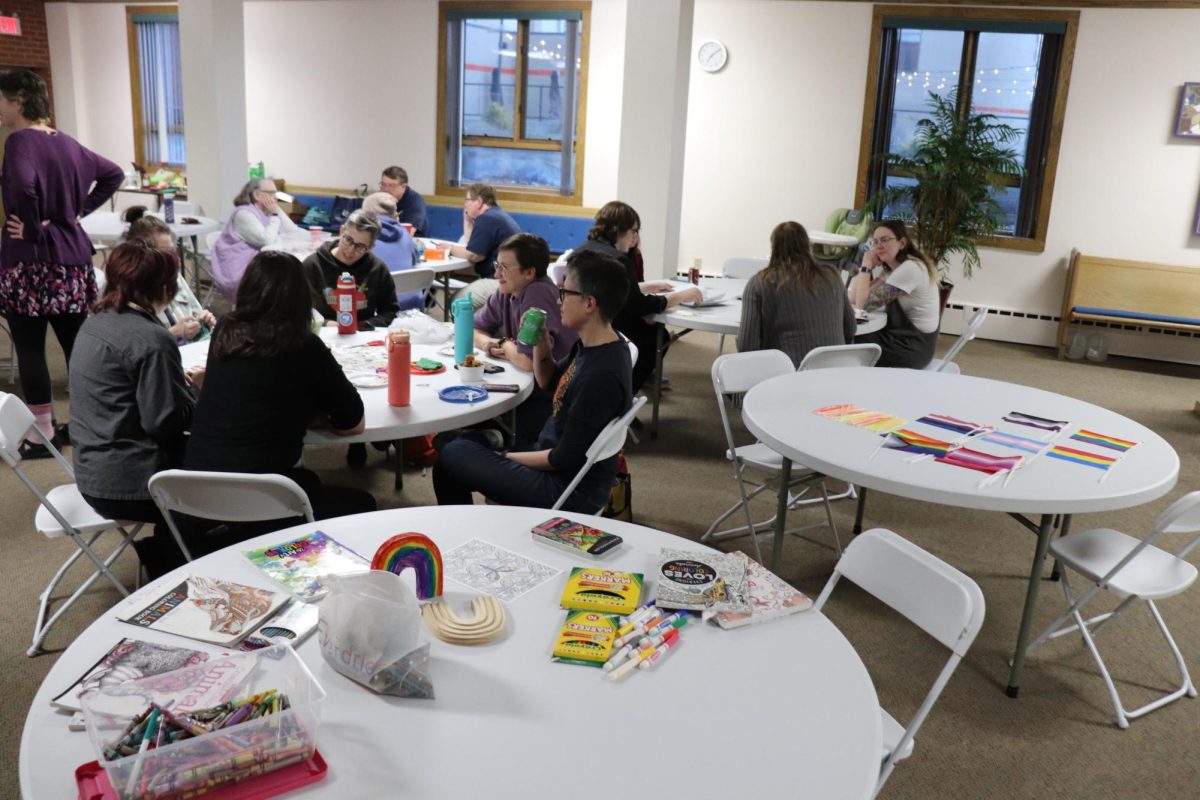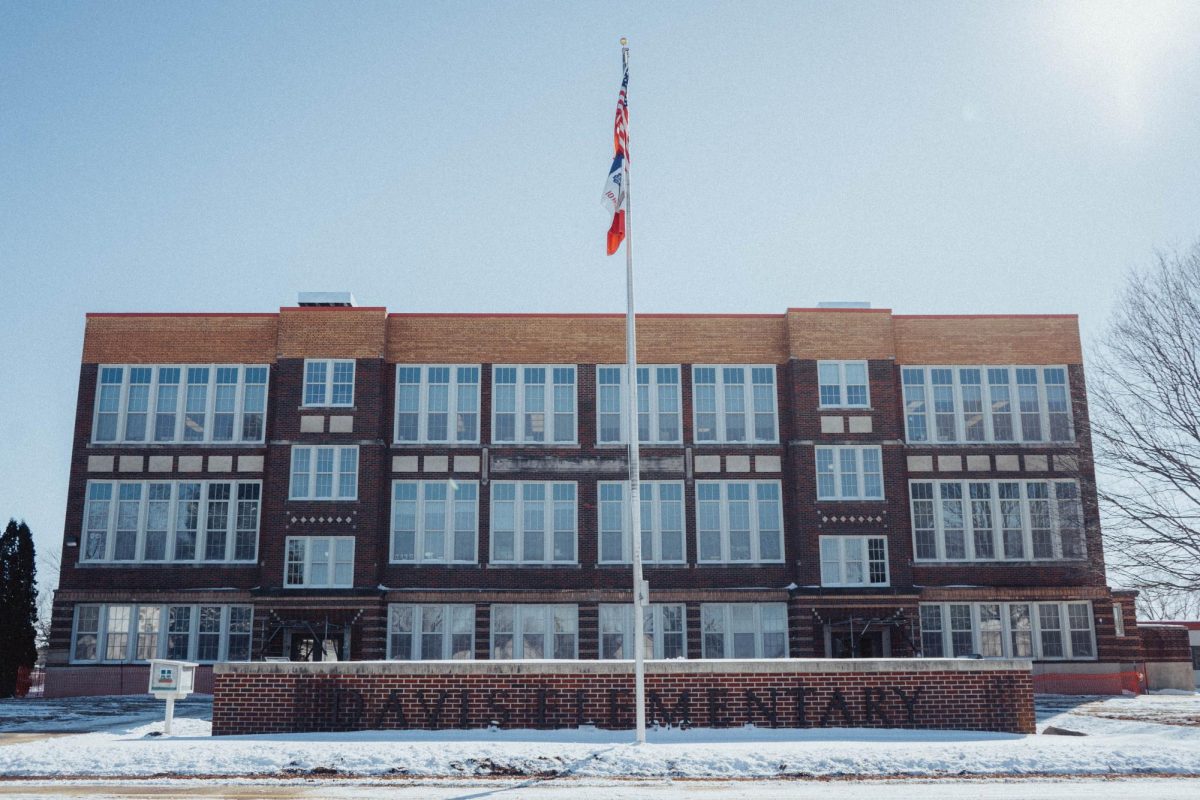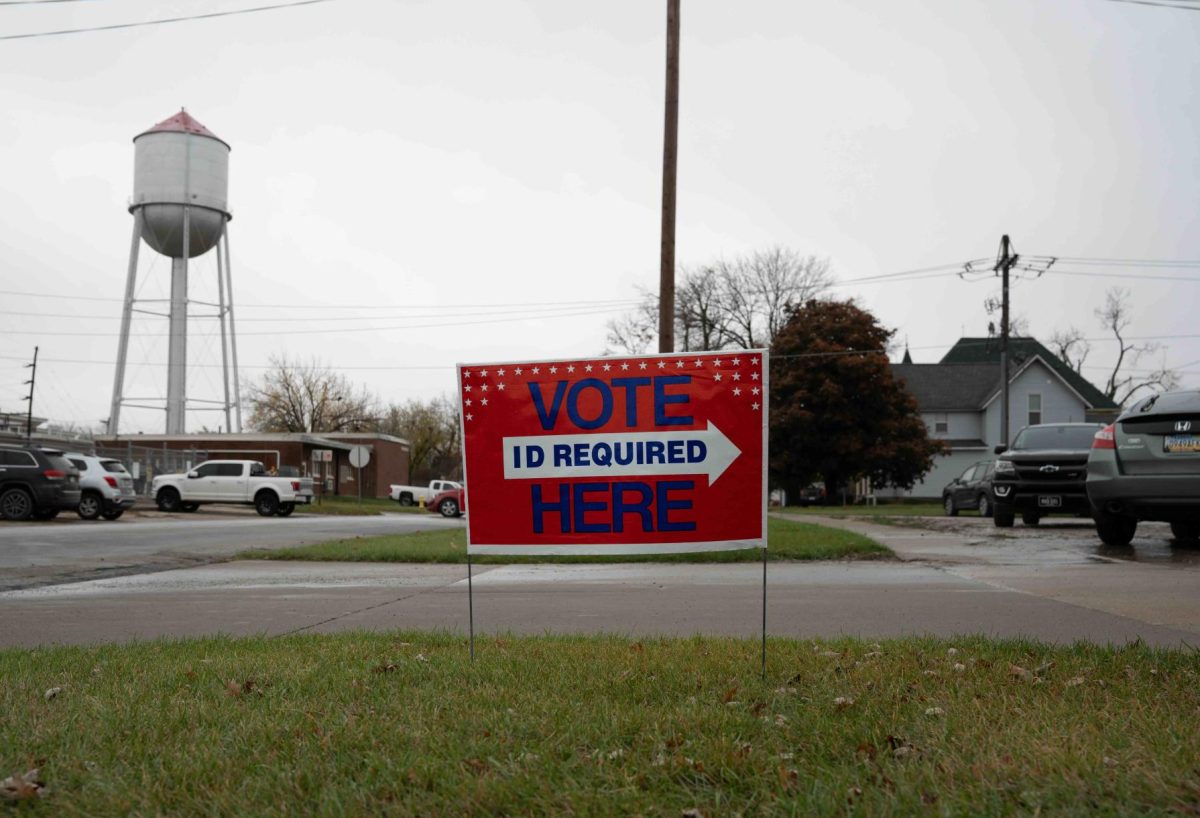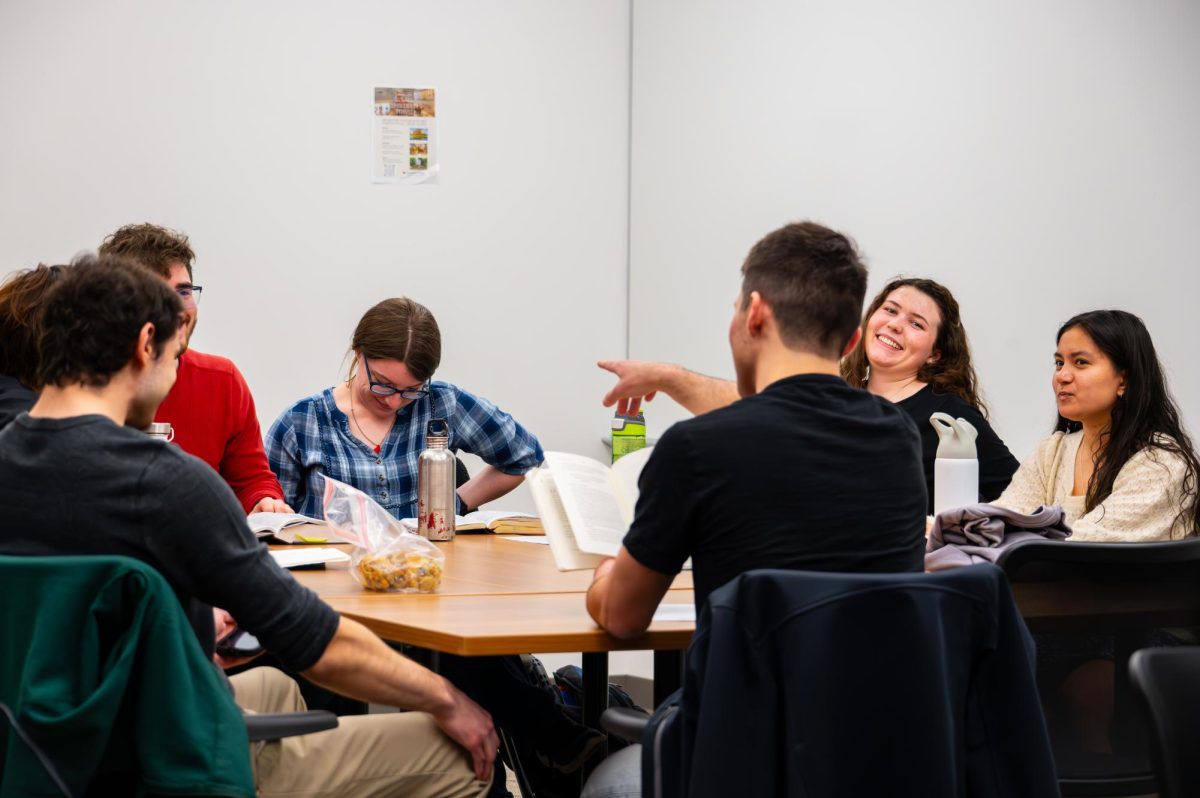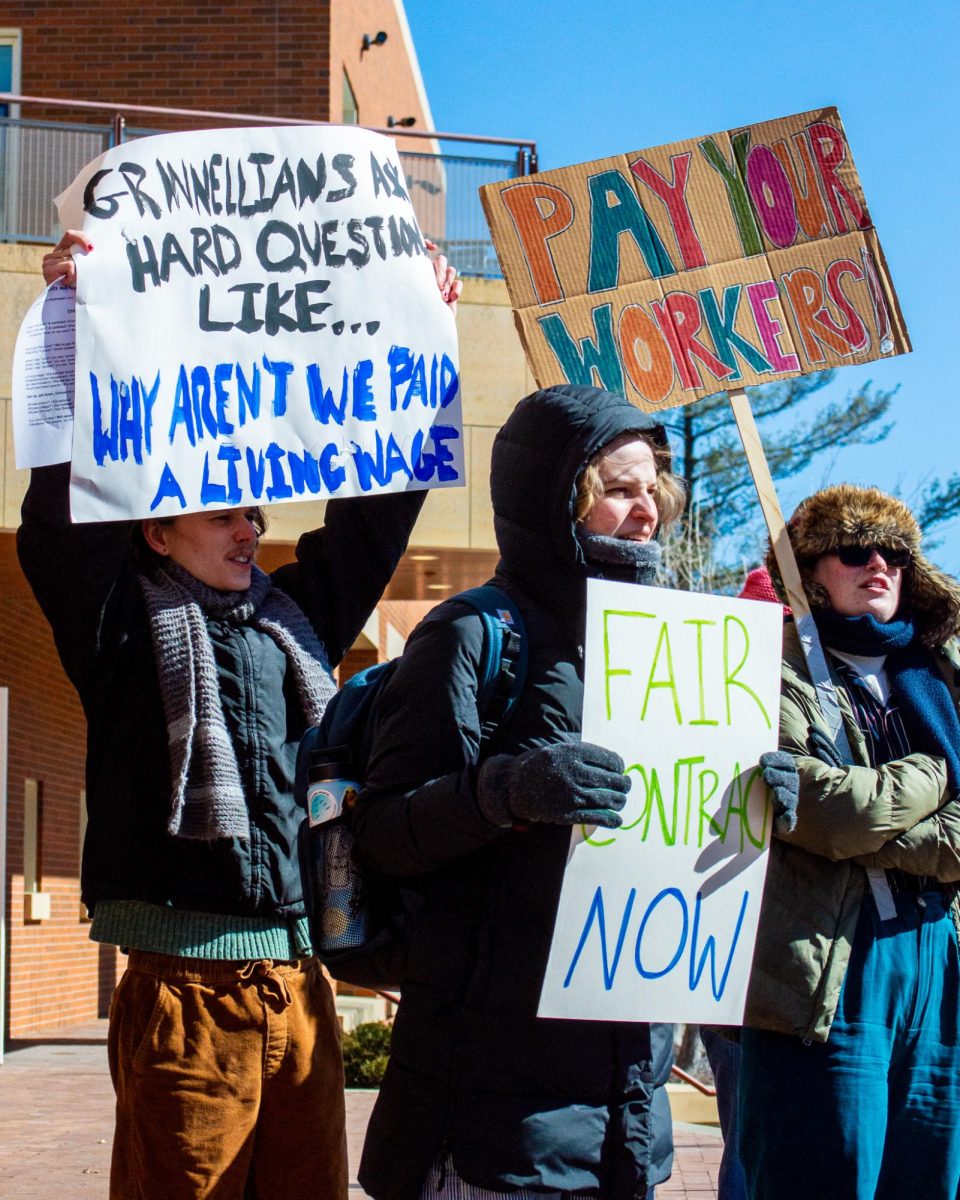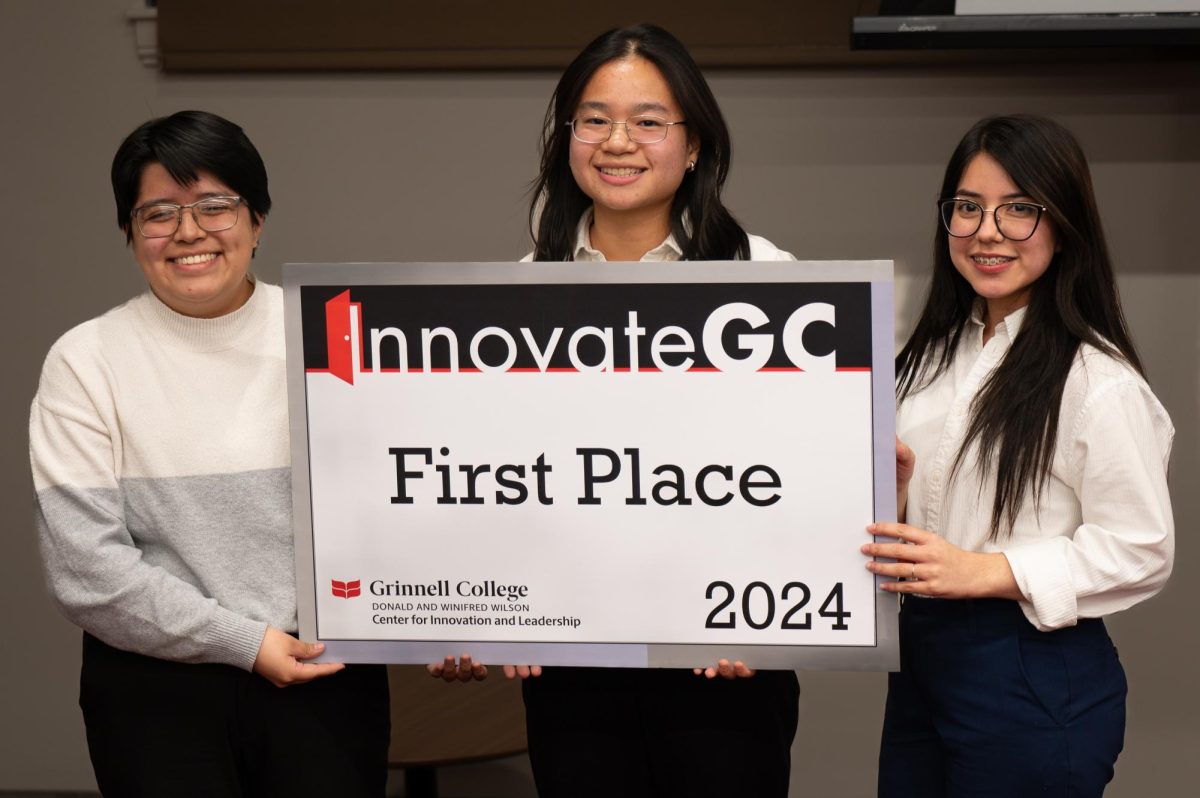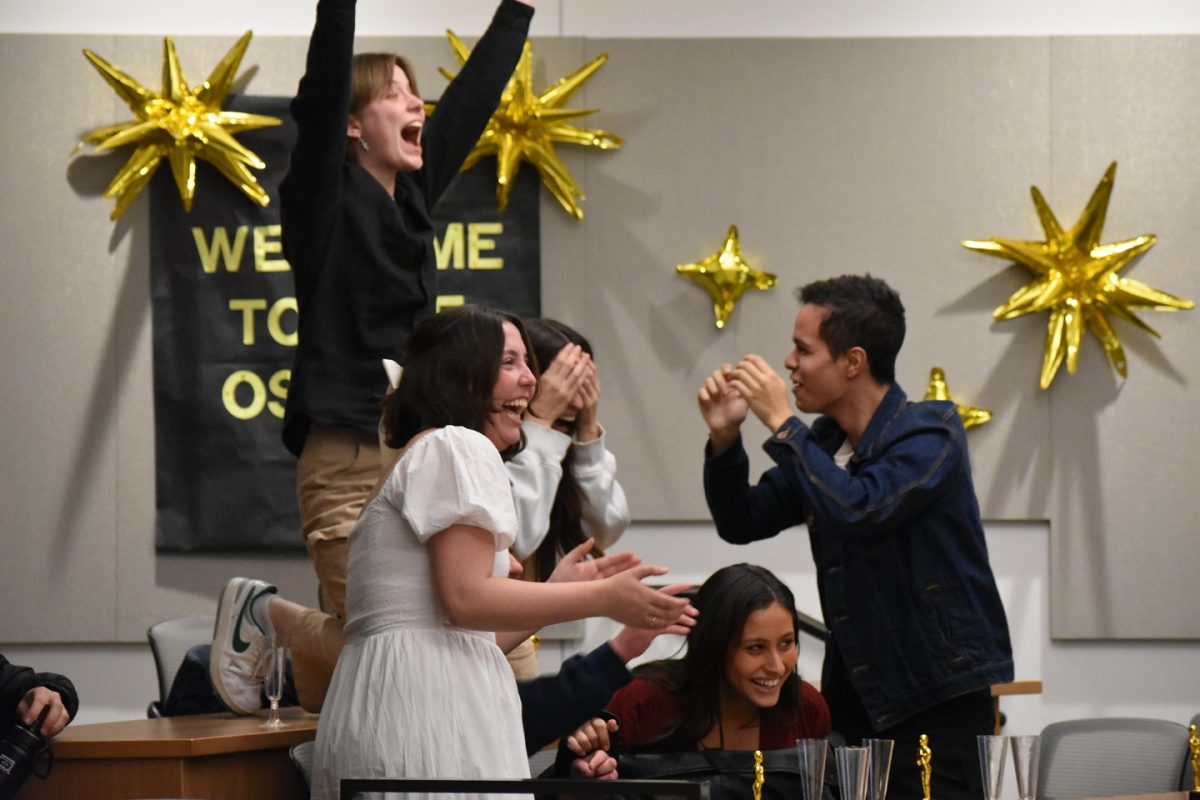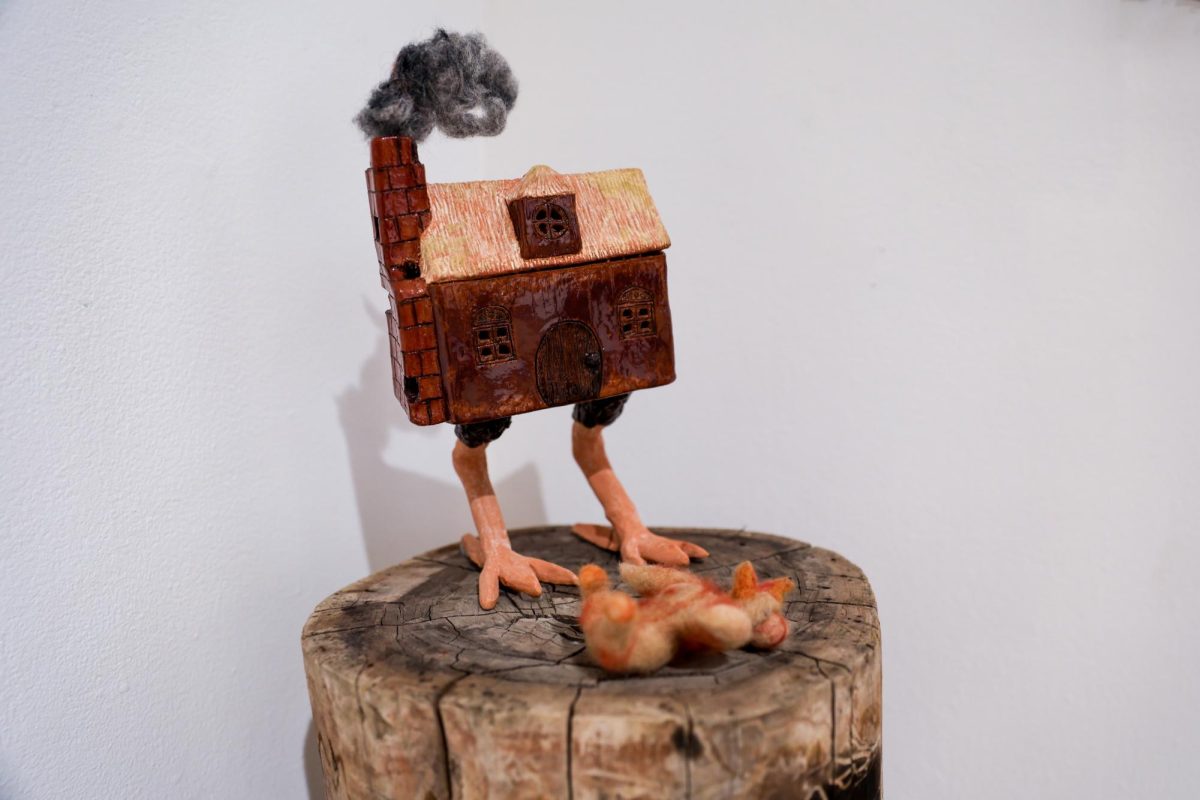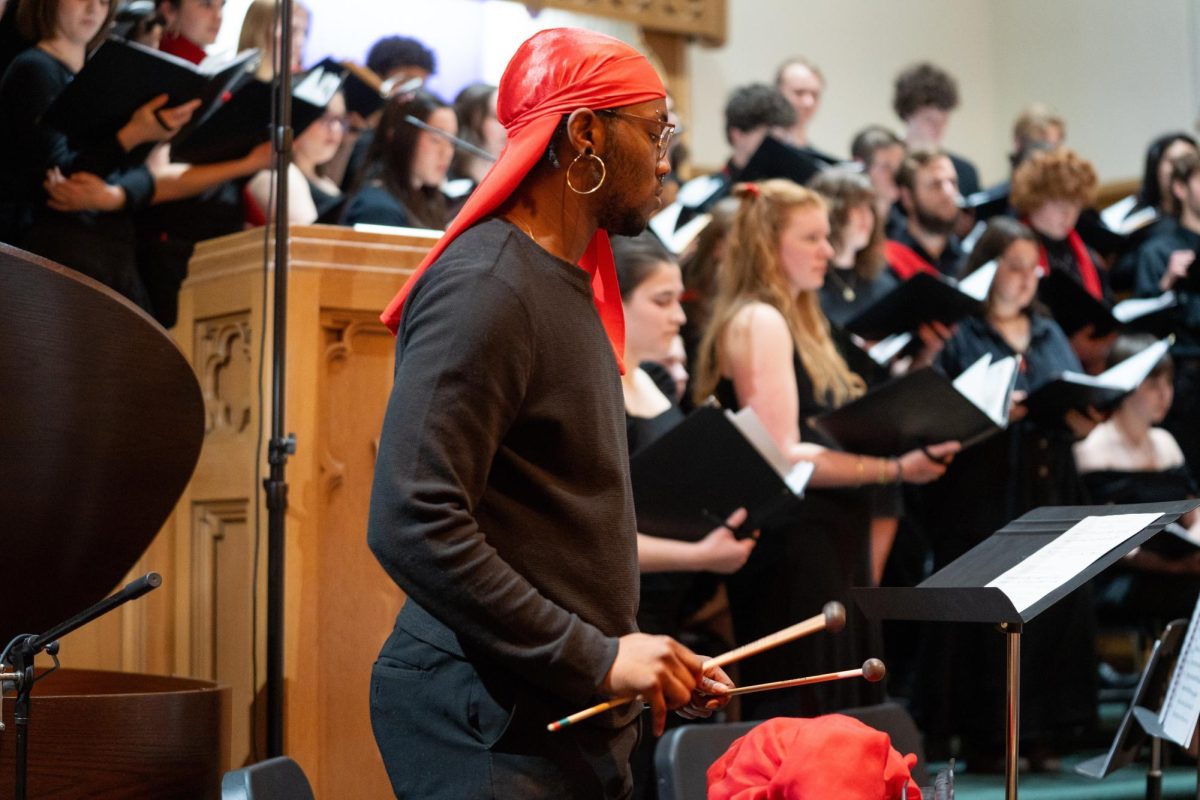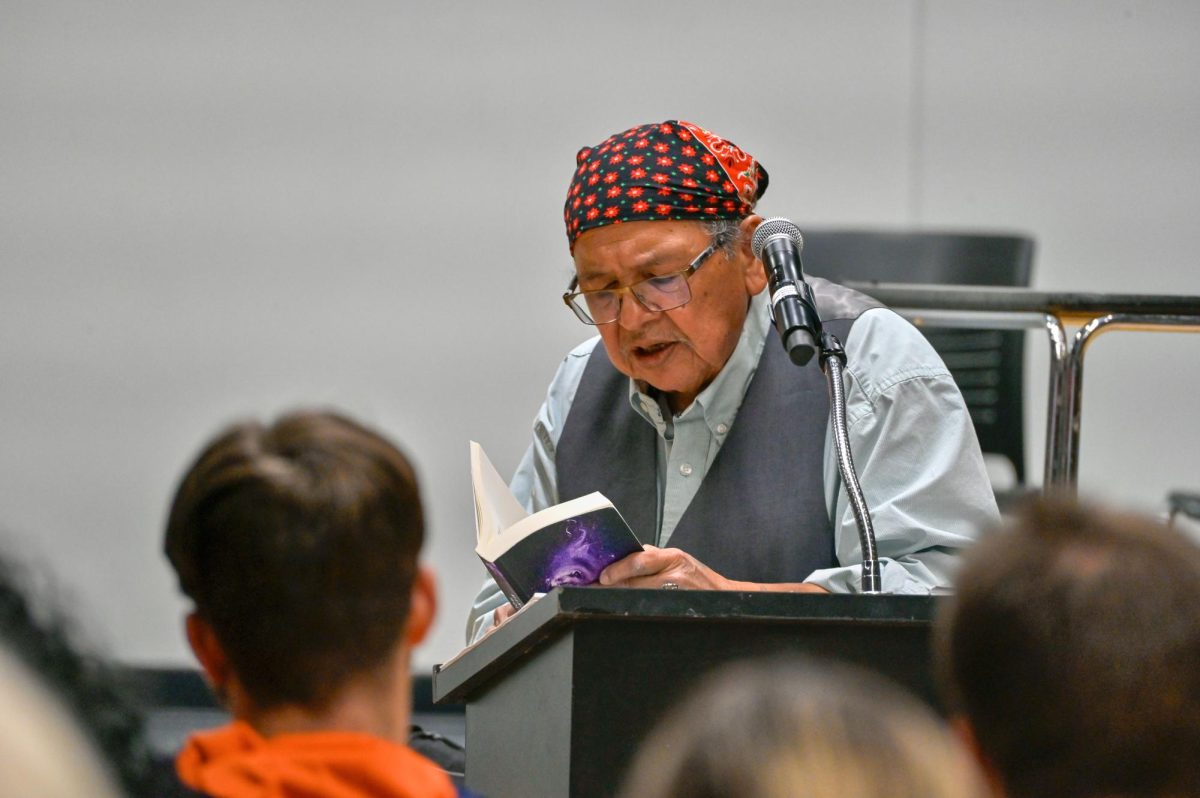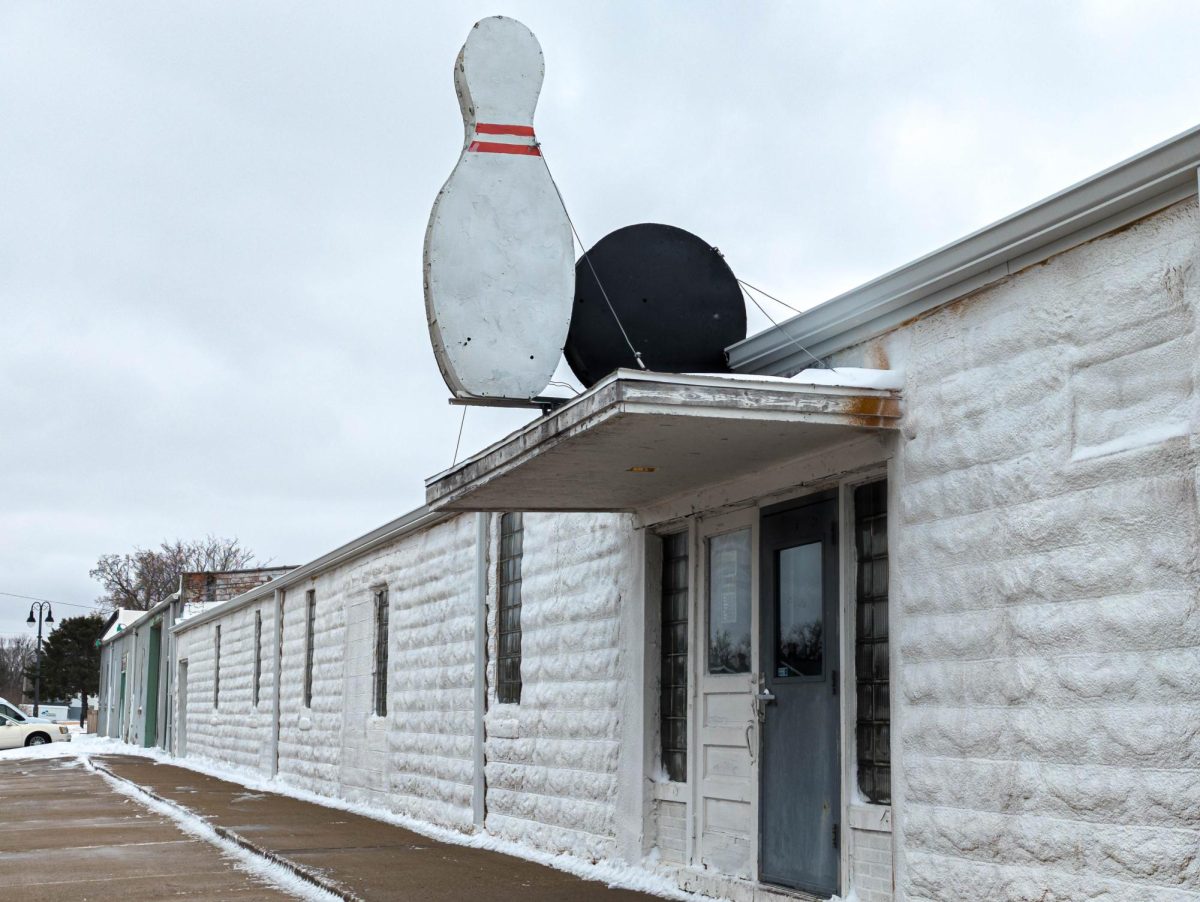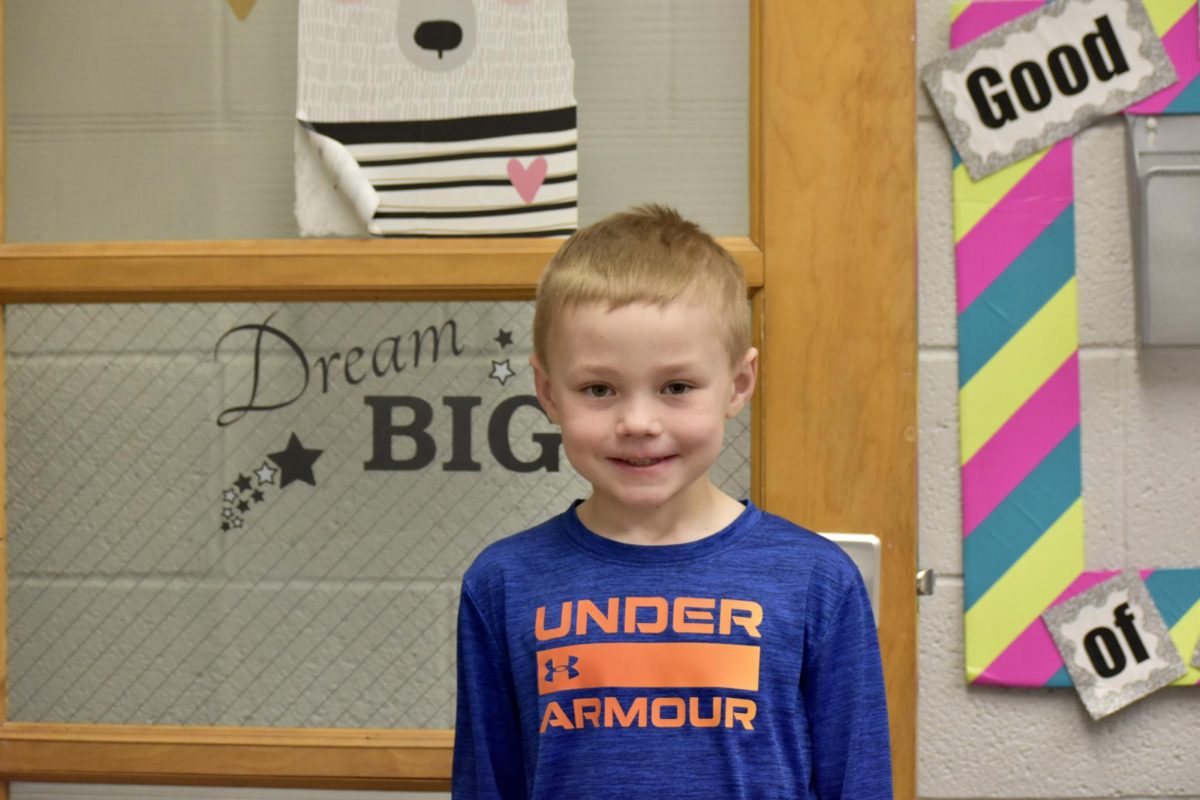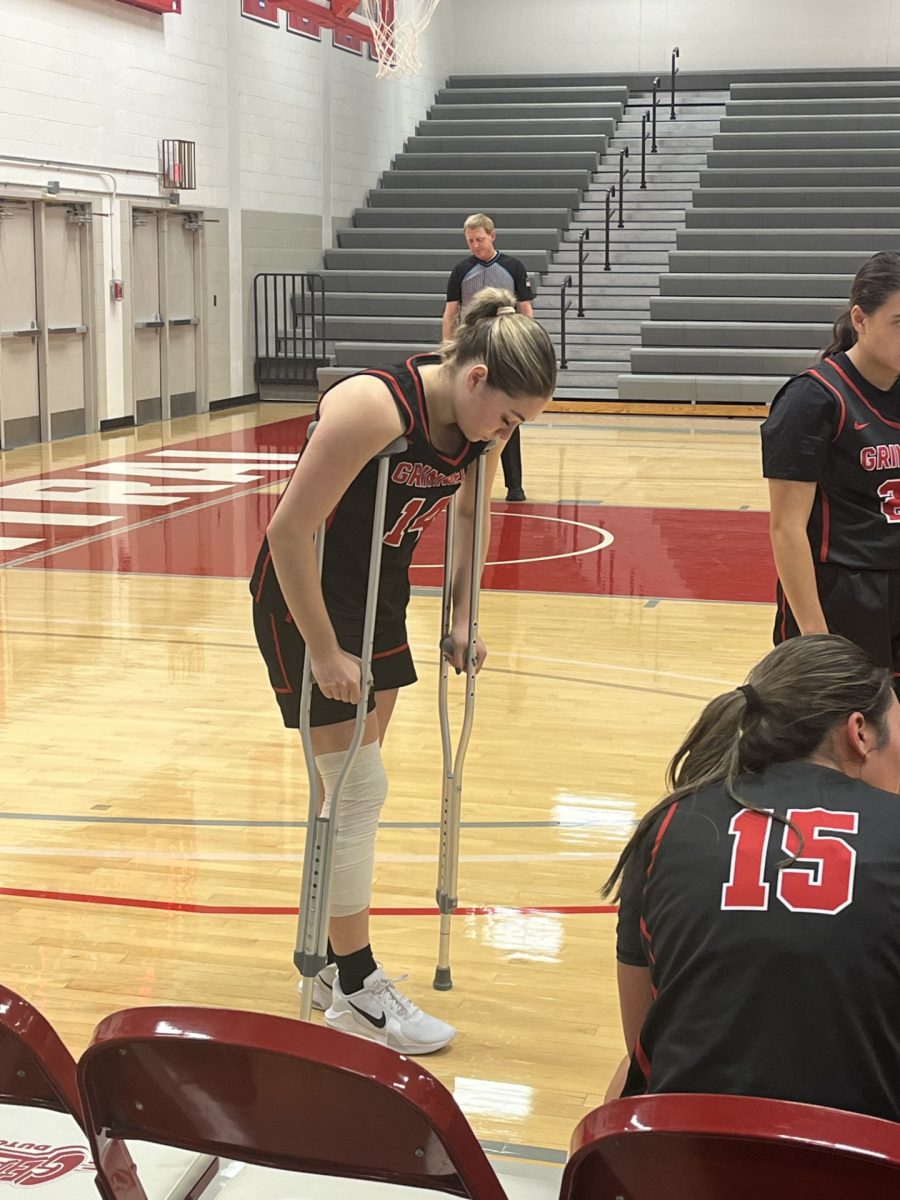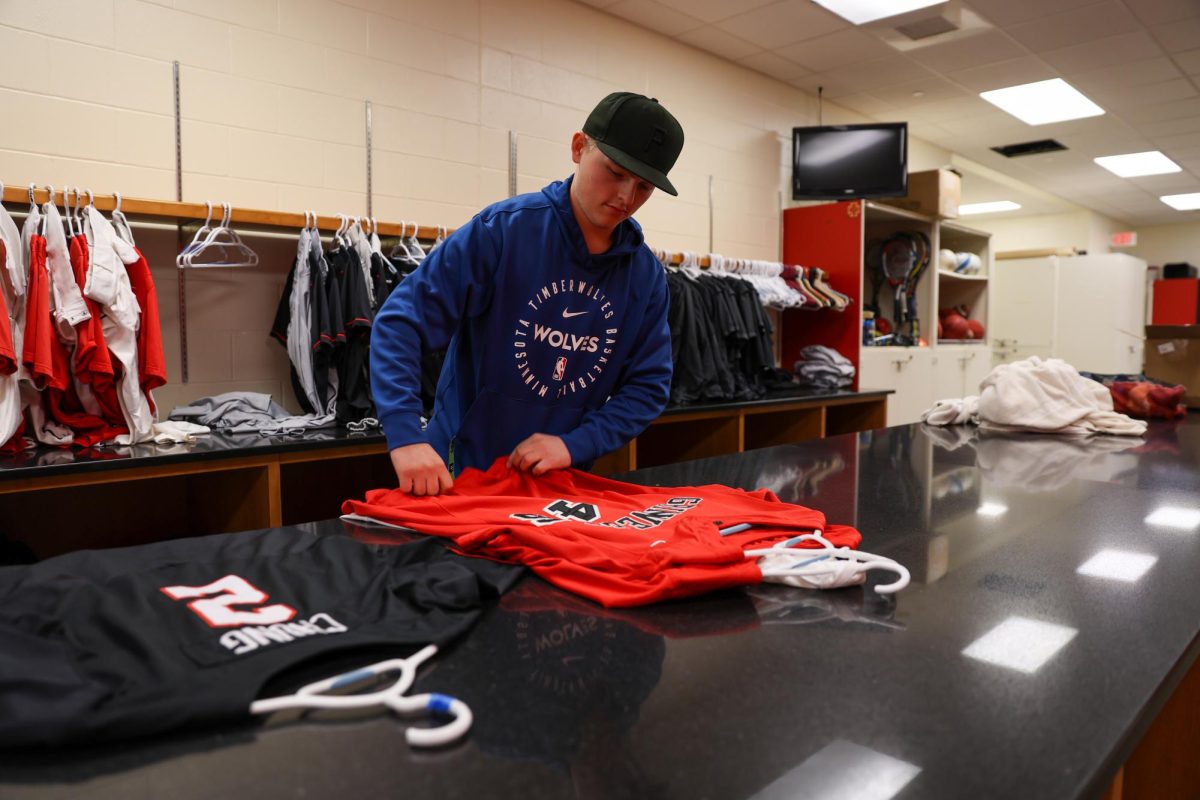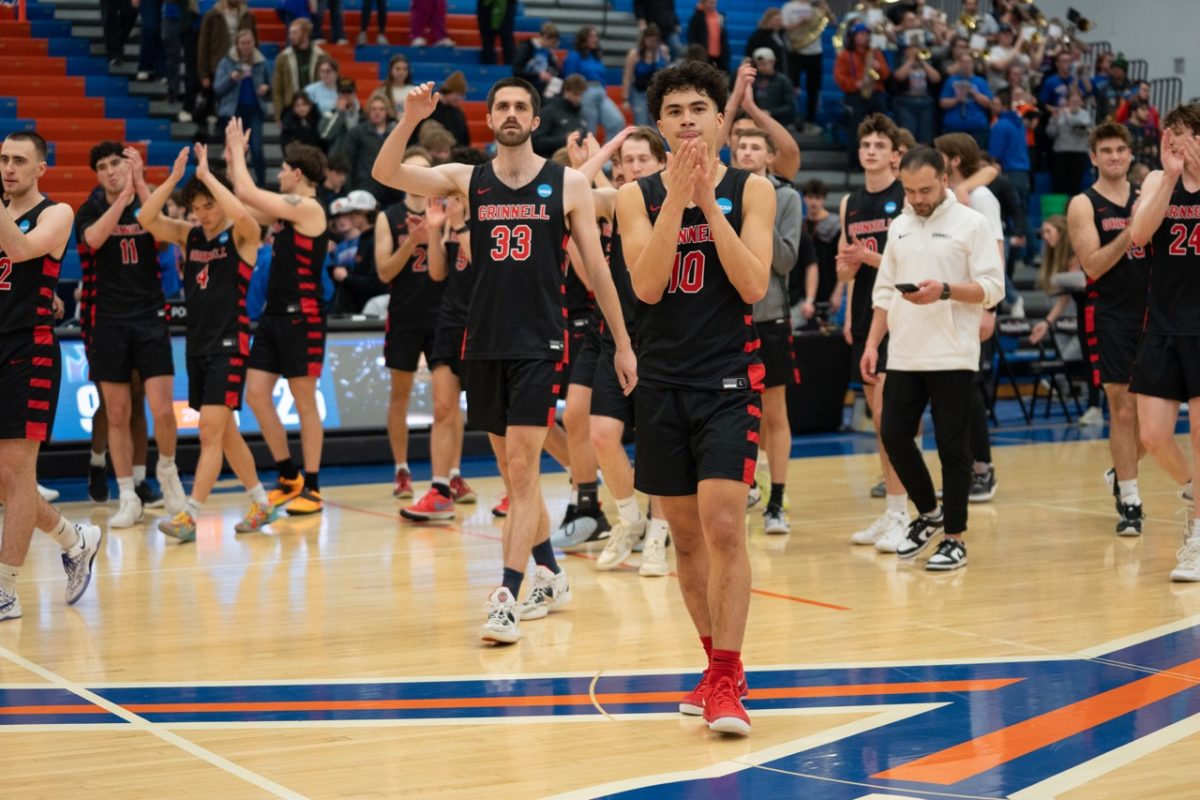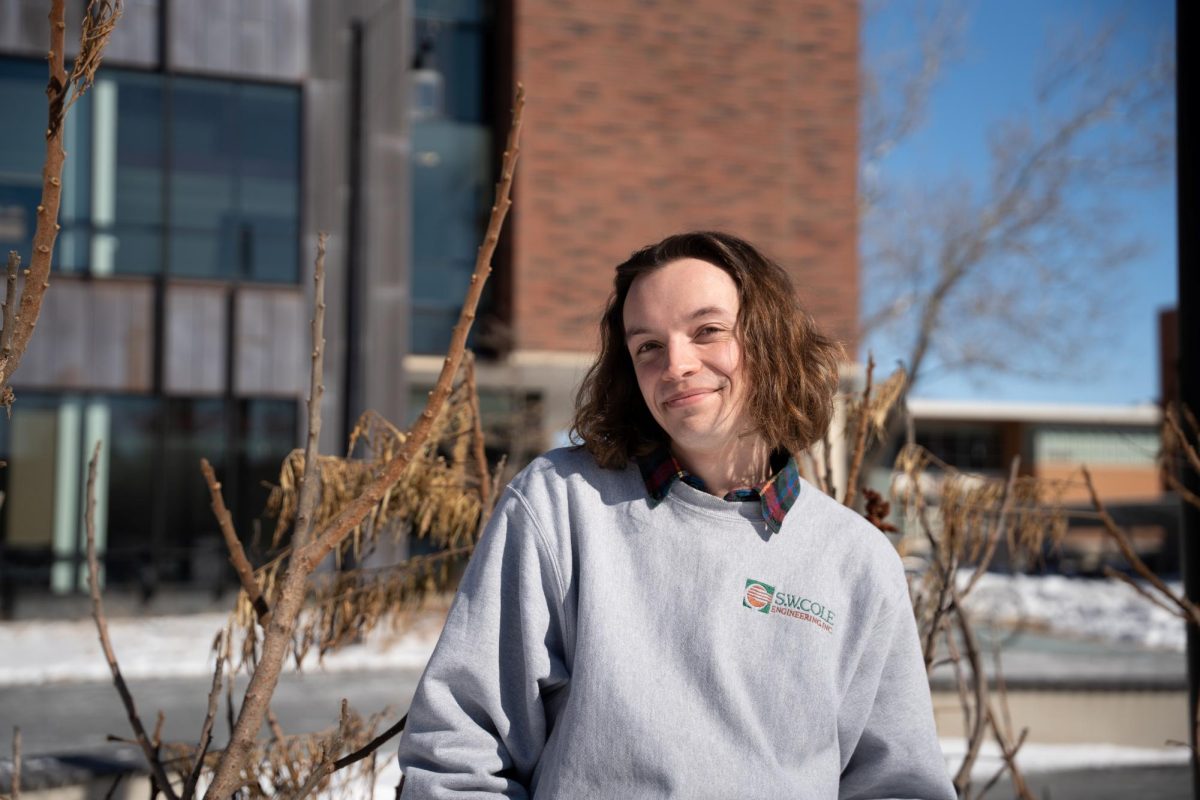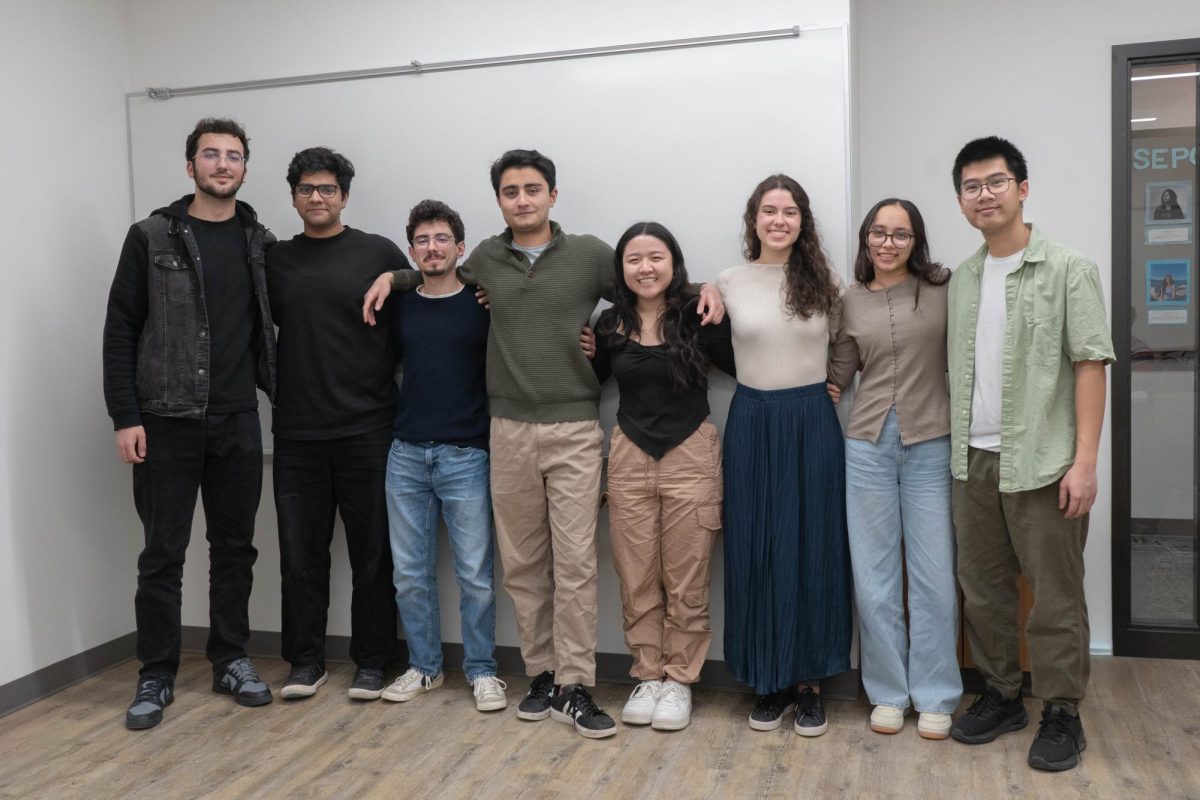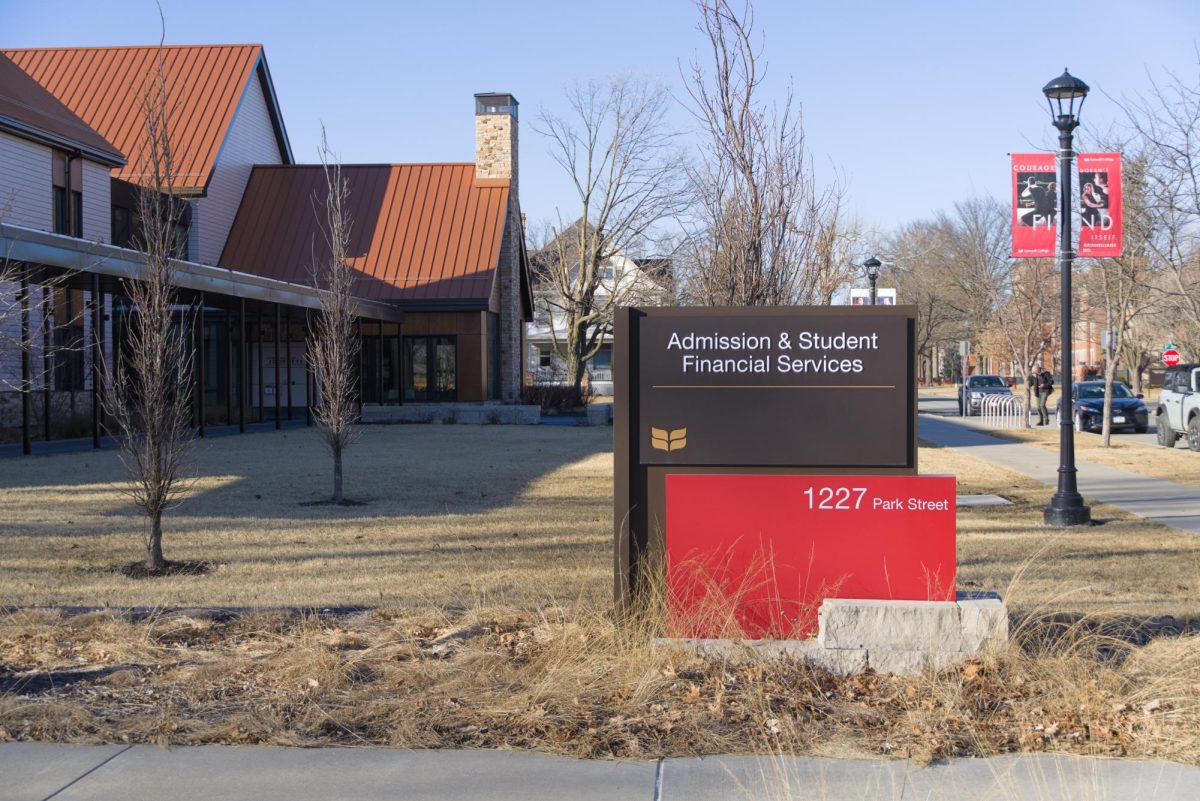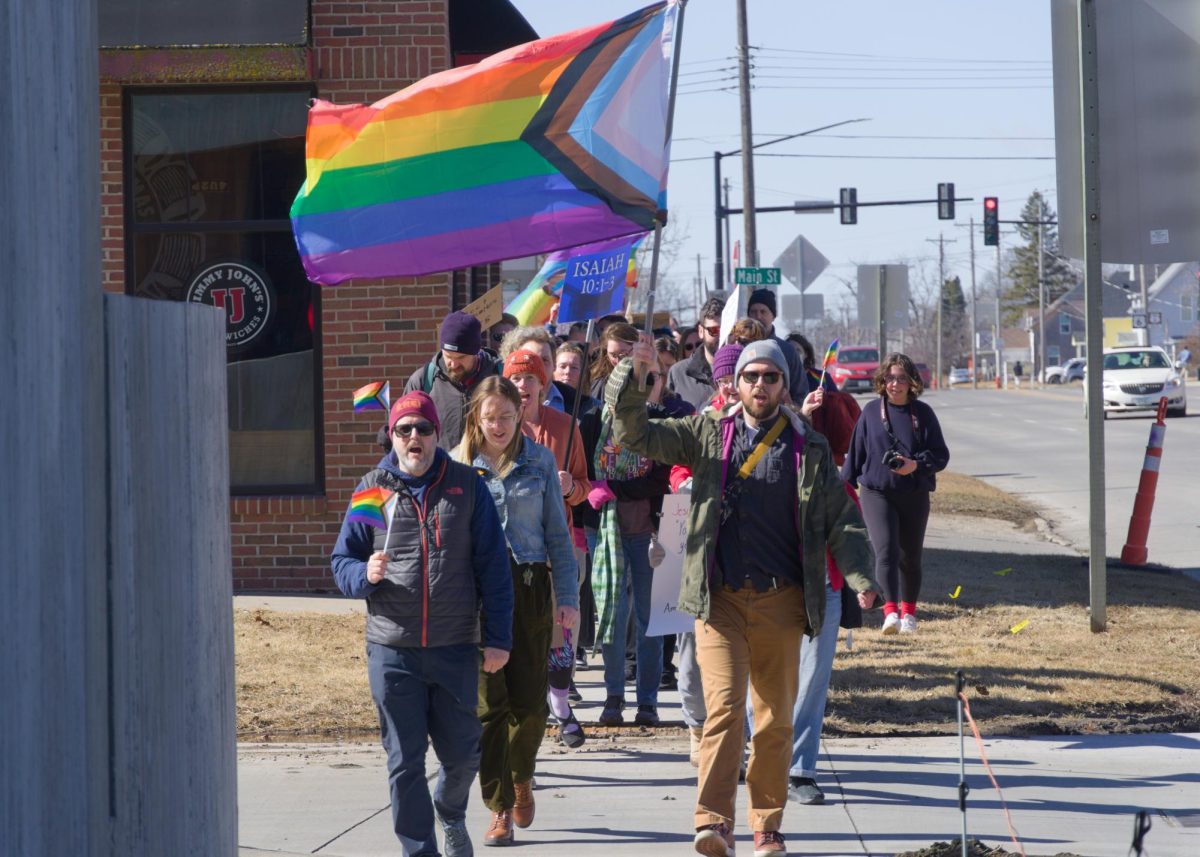During fall break, the Iowa State Patrol received training on campus for its four tactical teams. Grinnell College Campus Safety served to support and host the Iowa State Patrol during this time, most notably by allowing the training to occur at an unoccupied college owned house, 1212 6th Avenue.
The training involved various roleplay scenarios involving officers, command staff and actors. During the training the Iowa State Patrol teams wore their tactical gear and carried firearms loaded with training rounds. Training of this nature occurs twice a year, in the spring and fall.
Grinnell College was not initially meant to be the location of this tactical training. State Trooper Alex Dinkla explained that there were two training sites, one at the Montezuma Big Springs shooting ranch and the other was an off-site facility near the ranch. The second facility fell through and the Iowa State Patrol reached out to campus safety.
“The Department of Campus Safety was contacted by the Iowa State Patrol regarding the possibility of the College hosting exercises for their tactical teams. The Iowa State Patrol had an immediate need for space in order to conduct an exercise in an unoccupied house. We were able to meet that need and made arrangements to host the exercise,” wrote James Shropshire, director of the Department of Campus Safety, in an email to The S&B.
Students were notified of the training in an email from Campus Safety. Shropshire did not know the details of the training, so he could not inform students about what was taking place. The lack of specificity caused students to feel uneasy, as they did not know what to expect.
“The scenarios that the Iowa State Patrol conducted during this exercise were not disclosed to me. I would speculate that the request to use a house would support scenarios involving violent or aggressive situations that may occur within a residence that the tactical team might need to respond to,” Shropshire wrote.
Ric Tennenbaum ’18 was on campus and observed some of the training.
“There were twelve people with these black assault rifles wearing bullet proof vests and camo shirts. It was freaky. They were surrounding this weird shed looking thing and running through something. It was very unsettling. … It was really frightening and disturbing,” Tennenbaum said.
It might seem unconventional that Grinnell College is the site of the tactical training, but in actuality this training is common on campus. Campus Safety and the Grinnell Police Department have used the College’s facilities in the past.
“The College has collaborated with other law enforcement agencies in the past by providing space for exercises as well as space for meetings and trainings. These collaborative efforts were primarily with the Grinnell Police Department and the Poweshiek County Sheriff’s Office,” Shropshire wrote.
The Grinnell Police Department does not have their own tactical team; they rely on assistance from nearby tactical teams, such as the Iowa State Patrol. The Grinnell Police Department uses vacant buildings for their training, and often times those buildings are supplied by the College. This training usually takes place during the summer when most students have left campus.
“Like the GPD and ISP, law enforcement agencies across the country seek this type of opportunity for a training location since the average agency does not have a mock building or set of buildings, to conduct high risk entry training. The fire services also seek out similar training opportunities since the average fire department does not have a dedicated assortment of structures for training,” said Dennis Reilly, Grinnell Police Chief, in an email to The S&B.
Because the tactical training that occurred over fall break took place in a college-owned house, the College did not have to ask the Grinnell Police Department for permission to conduct this training. Shropshire contacted Reilly and informed him of the Iowa State’s Patrol request to use the college facilities.
“As a courtesy, James asked if I had any issues with the ISP performing such training in Grinnell and I advised him that I didn’t. … For clarification, I have no authority to grant or deny use of private property by any entity, whether that be law enforcement or otherwise. In this instance, as the chief of police, James was providing a courtesy call to allow me any input that I may have on this training, but certainly not to seek any type of authorization on my part,” Reilly wrote.
Colleges and universities often allow their facilities to be used by law enforcement agencies in this manner. These interactions allow for the development of a positive relationship between law enforcement and the institution. For this training, Grinnell College did not receive any compensation.
In the email to students, Shropshire wrote that “the Department of Campus Safety is pleased to begin fostering this important relationship with the Iowa State Patrol and in turn familiarizing their tactical units to our campus and the City of Grinnell.” Shropshire believes that having this relationship will be a benefit to students in emergency situations.
“The most notable benefit is that officers that might respond to our campus will be more familiar with their surroundings and campus infrastructure during an emergency situation,” Shropshire wrote.
Shropshire plans to continue to work with the Iowa State Patrol and other agencies to provide facilities to host training exercises. “In short, I do anticipate that there will be other exercises and trainings on campus in the future,” Shropshire wrote.

